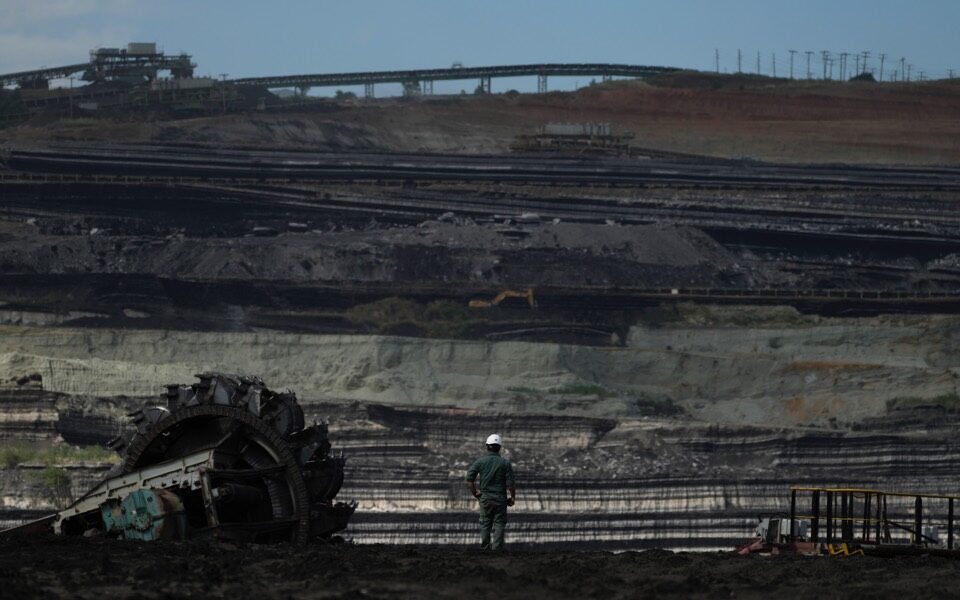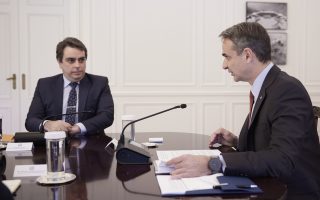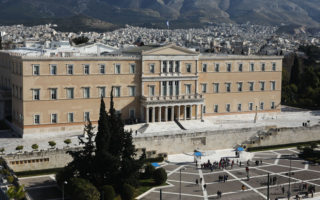Serbia readies 3 bln euros for energy imports in winter

Serbia plans to spend 3 billion euros, or 4.5% of its annual gross domestic product (GDP), on electricity, gas and fuel oil imports between October and March to meet rising costs of electricity and heating consumption, Energy Minister Zorana Mihajlovic told Reuters on Thursday.
The imports will include coal from Greece.
The country spent 1.65 billion euros on gas and electricity imports over the same period a year ago.
Mihajlovic said that a major portion of the money will go to electricity imports which will cover up to a fifth of the country’s needs.
“For electricity, additional quantities of gas … by end-March and some fuel oil …, we would have to spend for sure around 3 billion euros,” Mihajlovic told Reuters in an interview.
The European Union candidate gets nearly two-thirds of its electricity from ailing coal-fired power plants, with the rest covered by hydro, wind and solar power.
Mihajlovic said that the state-owned power utility company EPS agreed with Azerbaijan over the purchase of 2,600 MWh and Belgrade was now in talks with Turkey over the transmission of that electricity. It was also discussing additional electricity imports from Hungary, Mihajlovic said.
To counter rising consumption, EPS will offer discounts for those who manage to save electricity.
Serbia, which covers its coal demand with domestic production and imports from Bosnia, Bulgaria and Montenegro, also plans to import 2.5 million tonnes of additional coal, mainly from Bulgaria, Bosnia, Romania and Greece.
To avert future crises, Belgrade should invest almost 3 billion euros in two new major hydropower plants, Mihajlovic said.
Serbia will also stop importing Russian crude oil and switch to mainly Iraqi crude as of Nov. 1 to comply with EU sanctions imposed against Russia, Mihajlovic said.
Ahead of this winter, Serbia has also increased its gas storage volumes, using domestic facilities and rented storage in neighbouring Hungary. Last month, President Aleksandar Vucic told Reuters said the country has enough gas in storage for 60 days. [Reuters]





